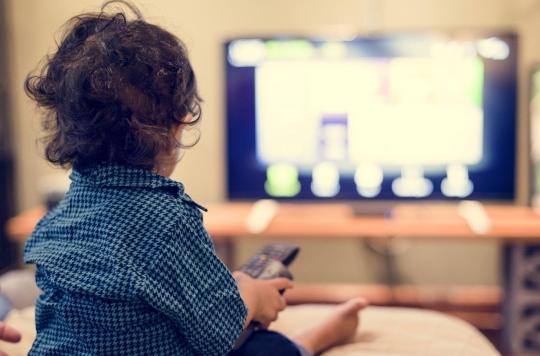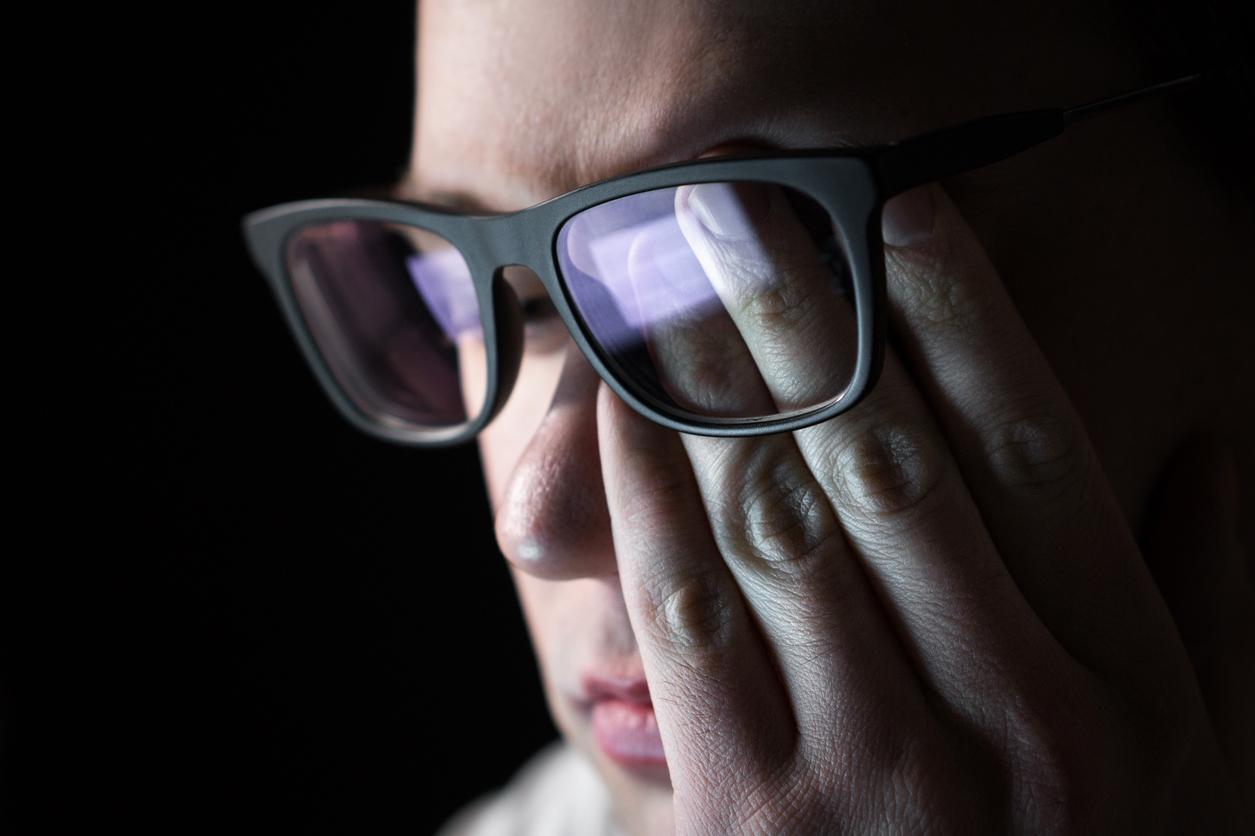Only 13.5% of parents respect the recommendation not to expose their toddlers to screens before the age of 2 years.

- Parents who read books or went to museums limited young children’s exposure to screens more than those who used screens very often.
- The child of 3-4 years should spend a maximum of one hour in front of a screen. When not physically active, toddlers can read or be read to or tell a story.
“Excessive screen time during infancy and childhood has been associated with developmental and health consequences for children,” indicated scientists from INED and Inserm. This is why theWorld Health Organization (WHO) recommends not exposing children under the age of 2 to television, smartphones or tablets. “However, there is a lack of data on compliance with this recommendation in France”, according to French researchers.
Exposure to screens measured in 13,117 children at the age of 2
To find out if parents follow this advice given by health authorities, the team carried out a study published in the journal International Journal of Behavioral Nutrition and Physical Activity. As part of this work, they used data from the Elfe survey conducted by INED. A total of 18,329 infants and their parents were recruited from 349 randomly selected maternity wards throughout mainland France.
At the age of 2 years, the exposure to screens of 13,117 children in the bottom was reported by the parents during telephone interviews. Information on socio-demographic characteristics, parental hobbies (reading, artistic or physical activity, etc.) and time spent in front of a screen were also collected from the father and mother.
Less than 14% of parents do not expose their young children to screens
According to the results, only 13.5% of parents do not expose their toddlers to screens. Clearly, more than 80% let their children watch television, the computer, a smartphone or a tablet. “Compliance with the recommendation was reduced in cases of maternal age below 40, low level of parental education, single-parent household and parental migration status”, can we read in the searches.
Young children: how long can they spend in front of screens?
In another study, published in the journal The Journal of Pediatricsresearchers at the University of Illinois at Urbana-Champaign (USA) determined whether less exposure to blue light could benefit the development of young children.
“We found that toddlers who spent less than 60 minutes a day in front of a screen had a significantly greater ability to actively control their own cognition than those who spent more time staring at phones, tablets, TVs, and computers. They had better working memory and better overall executive function,” said Arden McMath, author of the work, in a statement.

















